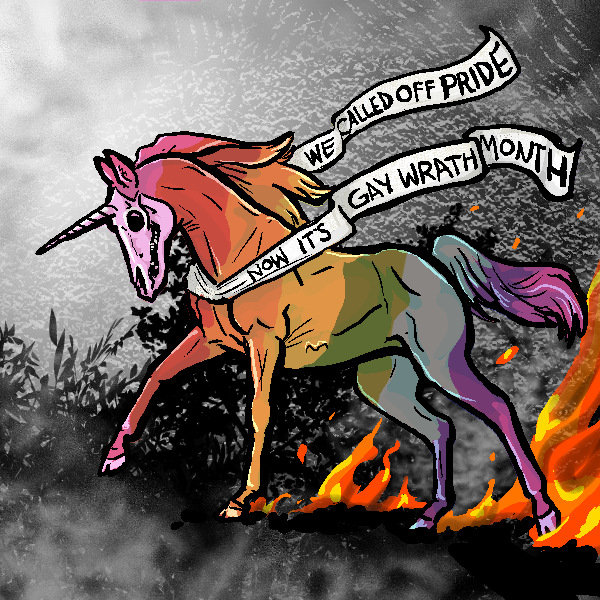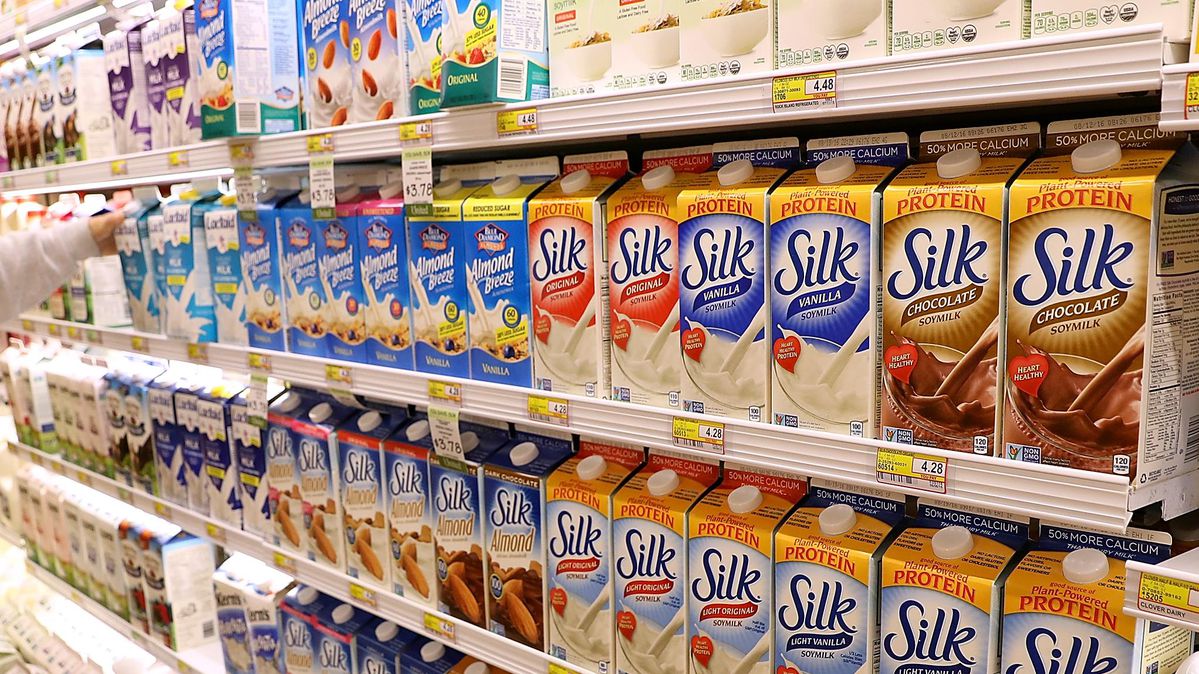U.S. retail sales of plant-based foods grew 11.4% last year
One of the biggest growth categories last year was plant-based eggs
“Companies know that you need to have plant-based as a solution, especially when we’re talking about doing it sustainably and safely,” she said.
Bonus:
https://www.bloomberg.com/news/articles/2020-07-30/good-news-for-climate-change-as-world-loses-its-taste-for-meat
The Food and Agriculture Organization of the United Nations estimates that meat production—a decent proxy for consumption—dropped in 2019, and it forecasts a decline again this year.



The final quote i mentioned from the link is just about the US production decreasing in 2019, long before COVID-19 reached here.
Maybe i'm misreading what you mean, but i didn't mention global meat production at all.
The UNFAO report the last Bloomberg article references concerns global production. In the US, production rose by something like 2 billion pounds from 2018 to 2019. You can look at the USDA data here (this EDIT: This spreadsheet does not have 2020 data but is much better organized if you want to look at yearly production). As of August the US was actually ahead of meat production for the same time last year.
huh?
i'm seeing for 2018 the total sum of red meat is 53 million pounds. For 2017, 51 million. For 2019, 36 million for 2020, 36 million.
That still shows 2019 having less meat production than the most recent years????
additionally, this may account for the jump in 2020.
https://www.theguardian.com/environment/2020/may/19/millions-of-us-farm-animals-to-be-culled-by-suffocation-drowning-and-shooting-coronavirus
First, idk how you are insulting libs with your claims, as libs are all for market based consumption solutions, unless of course you are trying to call all leftists who consume meat products libs, in which case I am SO HAPPY to reignite this struggle session.
Second, what he is saying is that vegan consumption choices (within the U.S.) have not actually decreased the amount of meat production. If you look at the graph for total production numbers of both red-meat and poultry, the number has continued to rise even into 2020. What has increased are the amount of production of plant based products, which is great, but without a corresponding drop, this simply is business as usual for capitalism which will more than likely just produce and throw those meat products away than produce less.
why so defensive bby
Why misunderstand numbers and be smug about it?
????
Global meat production loss likely has little to do with vegan ideology.
Edit: You know what, I am being crabby. Here's the sich. I may or may not work at a large cheese packaging plant. Now, I personally consume vegetarian food, except with family and friends, but during processing the company throws out something like over 50,000 pounds of cheese from the facility yearly. Most of it is fine to eat, it's just the packaging got screwed up or someone put almonds in instead of cashews. Production runs and increases regardless of actual consumer consumption rates, because the margins of profit are high enough on the retail end to justify those losses. They also package vegan cheese, but instead of cutting into production time for other products, shifts were moved around to accommodate larger cleaning crews so production continues to increase for all products. And this was during 2020.
My point is that until we solve the 'capitalism that requires number to go up' problem, it will be difficult or nigh on impossible to address the animal harm and consumption problem.
The 36 billion pounds is from January to August. The third quarter update was published in September so it is comparing the third quarter data from the previous year to this year. Red meat in 2019 was like 55 billion pounds and in 2018 it was 53
Are we looking at the same spreadsheet?
edit: oh jfc we were, you were looking at "all supply and disappearance" for some reason instead of "All meat statistics"?????
edit 2: okay i see what you mean now. Still, that's not really my fault for bloomberg reporting misleading information, i literally just quoted the article
You didn't do anything wrong, I think it's a really good example to learn that vegan capitalism doesn't really affect the conditions of animals. I've seen the bloomberg article before and it inspired me to sift through that data and start crunching those numbers a bit.
yeah that's fair. I think it is making SOME difference, definitely not enough, i just hate it when libs are like "there's not ethical consumption under capitalism" and try to excuse their unethical behavior as it it doesn't matter. I mean the grim truth is animal's lives are at stake, but people seem to think that since we can't stop it until we idk, magically turn socialist and i guess force people to stop killing naims, we shouldn't even bother trying to live more ethically like it won't affect the world in any way until then. But i mean, it is. The fact that people are buying vegan products more should tell you people are at least more open to trying them, if not fully converting to being vegan.